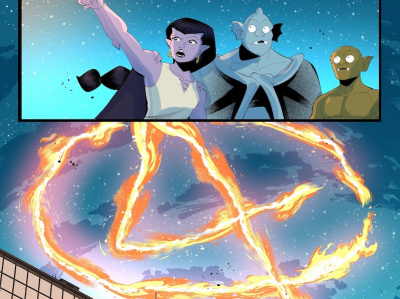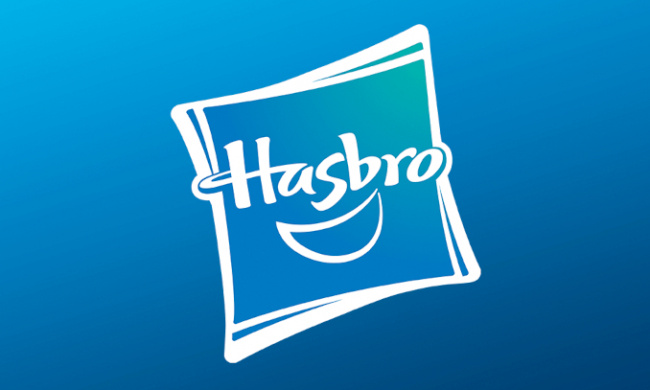Marvel improved its cash position by $3.4 million in the second quarter of 2001, ending at mid-year with around $18 million in cash, up from under $15 million at the end of first quarter. Operating results also improved, with around $10 million in EBITDA (excluding a $3 million litigation judgment to Coleman, which is being appealed) and a small operating profit of $90,000. Marvel's crushing debt load brought the loss after interest and preferred dividends to $11.4 million.
In the same release, Marvel announced that it had terminated its revolving credit facility with Citibank. This agreement originally provided for a $40 million line of credit, which was reduced to letters of credit already issued in May (see 'Marvel in Cash Flow Pain') as part of a waiver of Marvel's covenants. The $17.5 million in letters of credit that had been issued by Citibank was replaced by letters of credit in an equal amount issued by Tot Funding, owned by Isaac Perlmutter, the largest stockholder in Toy Biz. As part of this transaction, Tot was given the same security interest in Marvel's intellectual property that Citibank had held as security for its financing.
We don't read any great significance into this. The $17.5 million financed by Tot is a relatively small amount compared to the $250 in senior debt and $200 million in preferred stock that would have to be satisfied if Marvel ever went into bankruptcy. Presumably a way would be found to satisfy Marvel's obligations to Perlmutter to preserve the assets for the other creditors. Given that Marvel would also probably continue to publish in a bankruptcy (see 'Marvel's Jemas to Retailers...'), and that Marvel's performance is improving, it appears that Marvel's immediate future as a supplier to pop culture stores is secure.
Marvel continued to restructure its Toy Biz operation in two major ways. First, Toy Biz is changing the way it deals with its customers. According to a Marvel spokesperson, Toy Biz may completely eliminate customers that do not purchase FOB Hong Kong. This is in conjunction with requiring customers to provide letters of credit for payment before the goods ship. Such arrangements basically mean that Toy Biz will be dealing only with the largest customers, who will buy by the container-load from Hong Kong and pay with letters of credit.
Second, Toy Biz has changed the way it deals with the manufacturers of its goods. In its August 14th announcement, Marvel announced that it had signed a worldwide licensing agreement for the sale and manufacture of Marvel toys (excluding those related to the new Spider-man movie) with a new Hong Kong-based company -- Toy Biz Worldwide Ltd. Marvel will earn licensing fees and continue to act as a sales agent for the toys, but will have no equity interest in the new company. According to the Marvel spokesperson, the organizers of the new company have been associated with manufacturing for Toy Biz in the past. This seems to us a way to move inventory (and inventory risk) onto the balance sheet of the manufacturer. Marvel described it as a way to share in the upside potential of its toys with less risk, and it seems to have accomplished that.
Licensing was the star performer in Q2, with revenues of around $11 million, nearly a 60% increase vs. the year-ago period. Marvel reported that increase in revenue was primarily due to videogame and collectible licenses. We asked the Marvel spokesperson whether that included a prepayment from Diamond Select, which signed a license with Marvel during the period (see 'Marvel Inks Licensing Agreement with Diamond Select') and were told that since licensing agreements provide for initial payments and the Diamond Select agreement was signed during the period, the initial Diamond payment was included in Marvel's licensing revenues for the quarter.







